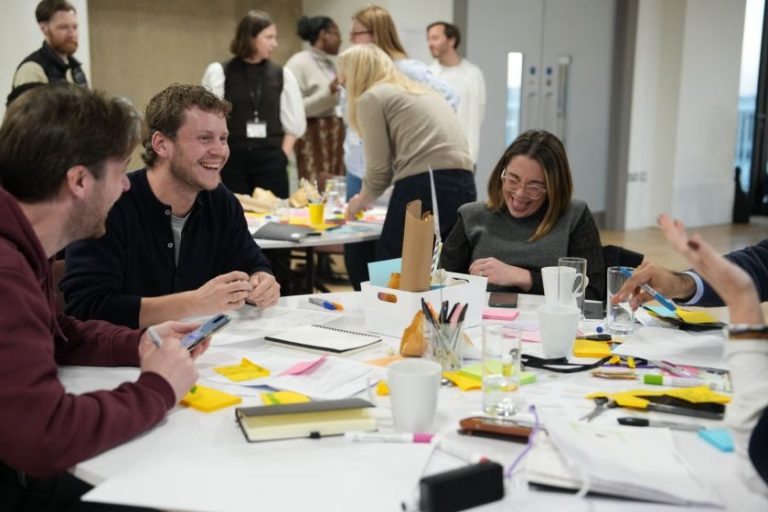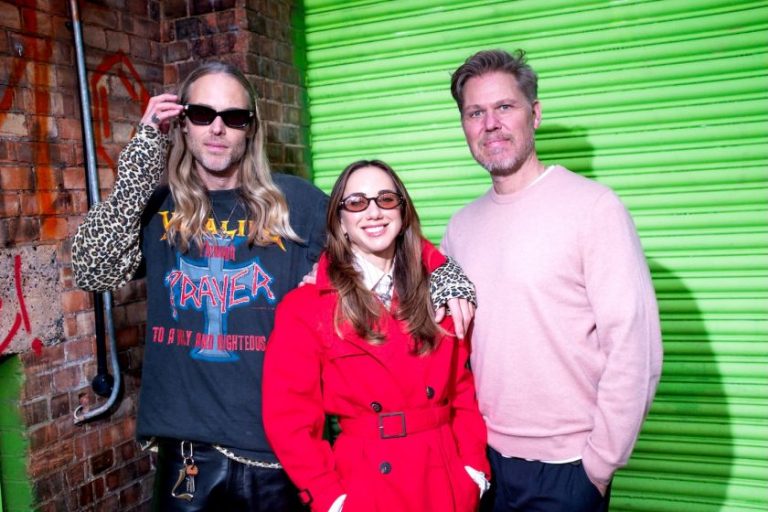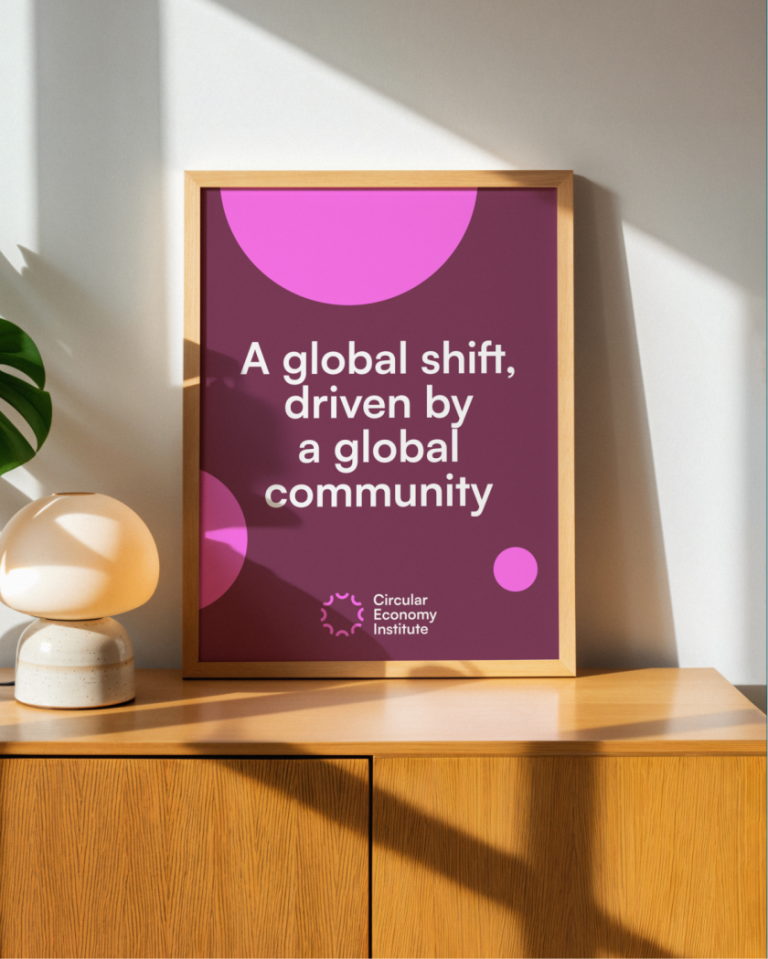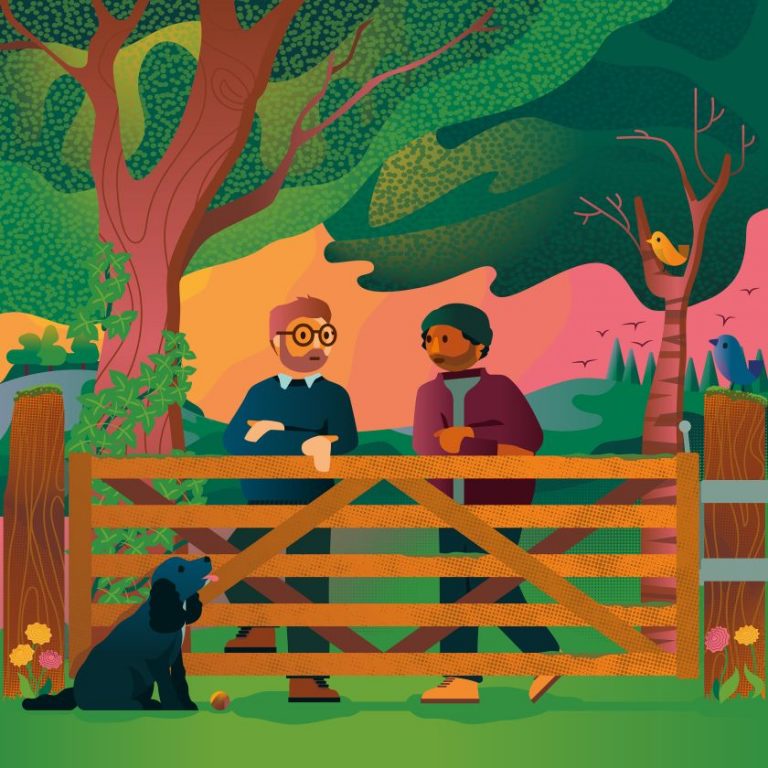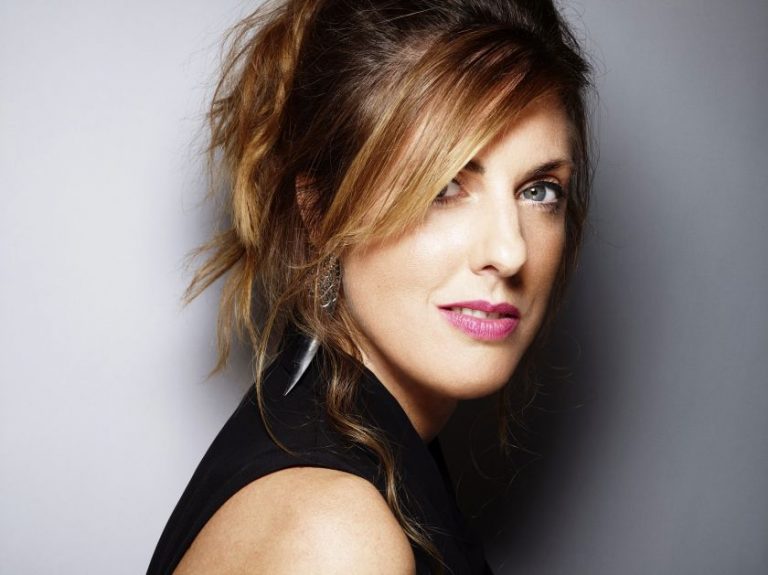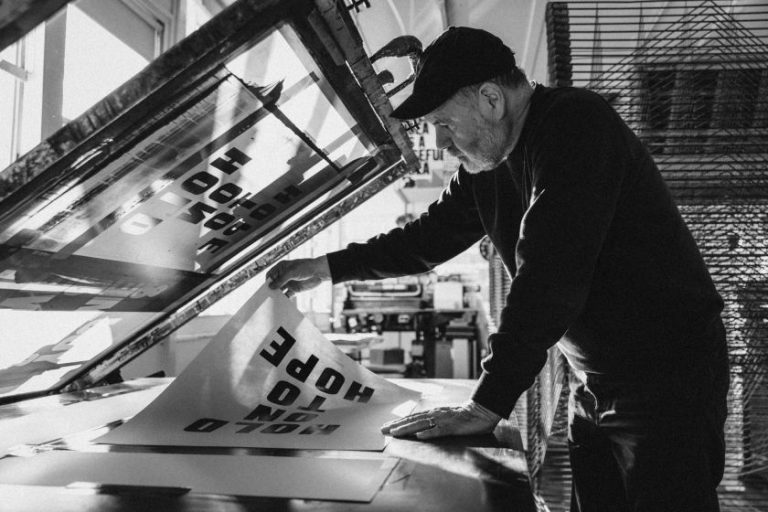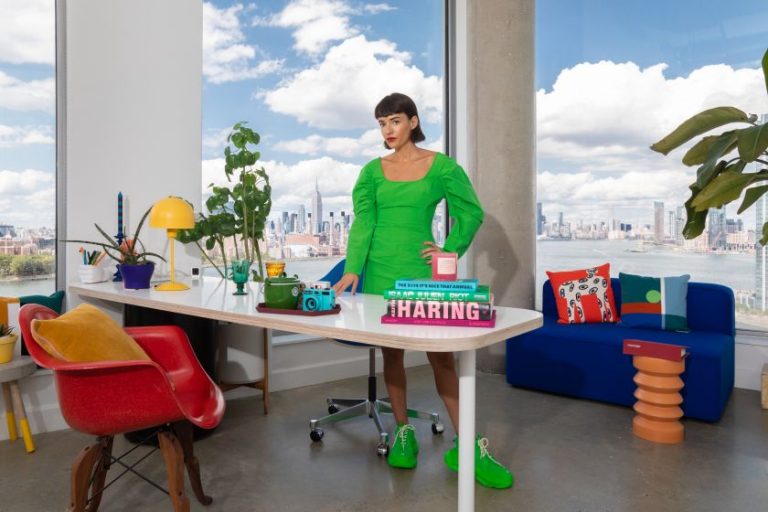For years, he worked towards a single goal. By 28, he’d achieved it. But the reality of “making it” didn’t match the dream. One year into running his own studio, Lost Property, Steffan shares the messy, liberating truth about stepping off the ladder.
What happens when you finally land the role you’ve been chasing for a decade, only to realise it’s not what you imagined?
At just 18, Steffan Cummins set his sights on becoming a creative director at Wolff Olins. Ten years later, he got there.
The agency’s bold, unconventional work and global reputation had inspired him as a teenager; the BBC and Decathlon rebrands would become career-defining projects. On paper, it was the pinnacle: prestige, influence, and a place at the top of the creative league.
But in reality, the higher he climbed, the more he moved away from doing what he loved. Sound familiar? Instead of doing the actual work, his days were full of meetings rather than the happy act of creating. The title he’d fought so hard to reach had come at a cost, and he wasn’t comfortable with the situation.
“I couldn’t quite reconcile how the role of Creative Director involved so many meetings about creativity, and so little time to actually be creative,” he says. “If you don’t have space to think, time to wander and explore – how are you meant to do your best work?”
That love of making started early. “My dad was an engineer and my mum a nurse – from him, I inherited precision and attention to detail; from her, warmth and compassion. In many ways, that’s how I see design: building things that connect emotionally with people, with rigour and with care.”
His first obsession? Mobile phones in the peak Nokia era. “I’d pick up the free Carphone Warehouse catalogue every month, analyse every handset and sketch my own designs. No limits. Just cool shapes and colours. That curiosity evolved into websites and logos… and then, in 2007, when the London 2012 Olympic branding was unveiled, something clicked. My interest became a dream.”
By the time the Games arrived, the goal was set. “I said to my dad during that time, ‘One day, I’ll be a Creative Director at Wolff Olins’. Ten years later, I’d done it.”
The path there looked perfect: Cardiff degree, London internships, junior designer at Moving Brands, senior, then Wolff Olins. But success on paper didn’t guarantee satisfaction.
“Quietly, I started wondering: is this really it? I caught myself giving ‘direction’ without thinking it through, just to keep things moving. That didn’t sit right. I wasn’t proud of that version of myself.”
Other senior roles didn’t appeal either. “It was like changing the logo on the door, not the job itself. And honestly, I couldn’t think of a better place than Wolff Olins. So I had to ask: will this fix anything, or delay the truth a little longer?”
Then came the tipping point. “One Sunday, I had a classic ‘fuck it – if not now, when?’ moment. I decided I’d quit on Monday. No plan. No next gig. Just a belief that I’d figure it out.”
Overnight, he went from leading teams to doing every job himself through his new studio, Lost Property. “It was a shock to the system. I was rusty. Slower than I used to be. And doing the kind of grunt work I hadn’t touched in years. My ego wasn’t thrilled. But this strange mix of seasoned perspective and beginner’s energy was powerful. There’s something quite special about naivety and expertise co-existing.”
It’s also been a rollercoaster. “Most weeks go something like: Monday: ‘What the hell am I doing?’ Tuesday: ‘I’m a terrible designer.’ Thursday: ‘This is sick. I’m onto something.’ I’ve learned that cycle isn’t something to fix – it’s just the cost of caring.”
The shift brought a loneliness he hadn’t expected. “I loved building team culture. I think I’m a good leader. I enjoy listening, understanding what makes someone tick, and helping them feel unstoppable. I miss it. Now, I spend most of my workday alone — well, with Mia, my sausage dog. Without that energy, you’re stuck with your own inner saboteur for too long.”
But the trade-off has been worth it. “This past year, I’ve felt that energy return. I’m excited again. I feel ideas forming all the time – on walks, in the shower, mid-conversation. My mind is wandering in the best possible way. And now that I’ve found that rhythm again, I’ll do anything to protect it.”
For creatives chasing prestige but feeling disconnected from their work, Steffan says the early signs are worth listening to. “Be open to the quiet signs that something isn’t quite right. That itch, that low-level dissatisfaction – it’s worth listening to. Forget the title, the prestige, the salary. Ask: How do I want to spend my days? What kind of work do I want to make? What kind of life do I want to build?”
He believes the industry still has a narrow view of what a “success” looks like, career-wise. “We place so much value on titles and linear growth. Yet not everyone thrives in the same setup. There are so many valid paths through this industry. We should celebrate the different shapes creative careers can take.”
His own idea of success shifted after losing his dad to cancer. “It flipped everything. Suddenly, the things I’d been chasing felt hollow. Now, success is freedom. It’s control over my time. It’s knowing I’m growing – creatively, personally – and helping others do the same.”
As for Lost Property’s future? “It’s unfolding. This first year has been about going deep, making, meeting people, and building a body of work that reflects the kind of studio I want to build. One day, I’d love to have a team. But I want to do it with intention. I want to be in it. Getting my hands dirty. Making cool shit together.”
If you’ve ever wondered what would happen if you stepped off the ladder, Steffan’s story is proof that the answer might not be a fall, but a leap.

